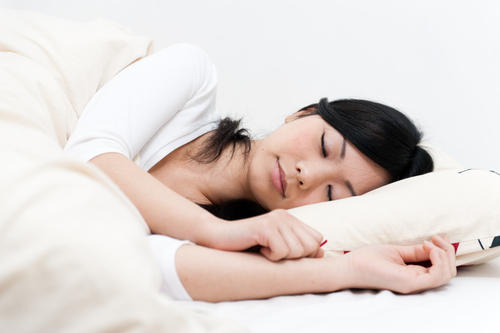A Crash Course In Sleep Hygiene

It is a few minutes past noon. You sit at your desk yawning and stretching, catching your self as you start to nod off. You begin to wonder where all your energy has gone. It seems like this is a daily ritual, robbing you of the motivation to be your best at work. You even started drinking coffee in the morning, but even that does not seem to help to keep your juices flowing. Once again, you find yourself online searching for a new supplement to take, in hopes that your situation will improve. Although supplements may give you a burst of energy for a time, they generally do not tend to have long lasting effects. Before long, you find yourself back to square one, fighting off sleep as a part of your daily routine. But what if the problem is something simple, like poor-quality nighttime sleep? If you do not get decent sleep at night, it is time to consider improving your sleep hygiene.

People everywhere suffer with poor sleep hygiene. As a consequence, they end up feeling tired and rundown all the time. When they start to take the quality of their sleep more seriously, this significantly improves how they feel when they are awake. Feeling more awake throughout the day helps these people to be more productive at their jobs. Though the topic of hygiene is often used to denote how clean and well groomed a person is, it is important to note that this concept also applies to how well people achieve and maintain good quality states of sleep. When a person corrects issues of poor sleep hygiene, it often turns out that they no longer need to rely so heavily on substances like coffee to stay awake throughout the day.
If you want to improve your quality of sleep, then it is time to banish computers, televisions, tablets, and other mobile devices from your bedroom. These devices may dominate your life during the day, but at night they terrorize a person’s ability to reach and maintain quality sleep. Right as you are about to fall asleep the phone rings, you get a text message, or the television flickers. When your electronic devices create constant audio and visual stimulation, your brain ends up having a difficult time shutting down. Even allowing light from outside to enter your room or small amounts of light from a clock radio, for example, will provide the brain with all the stimulation it needs to remain awake. The darker your room, the easier it is for your brain to relax. According to an article published on WebMD, stimulation control is a key factor in ensuring your bedroom will be a place fit to sleep. Avoiding caffeine and not eating for many hours, before going to bed, will also help to improve your sleep as well. Making a few simple changes in your sleep hygiene will undoubtedly improve your sleep and make you better suited to face the day.
